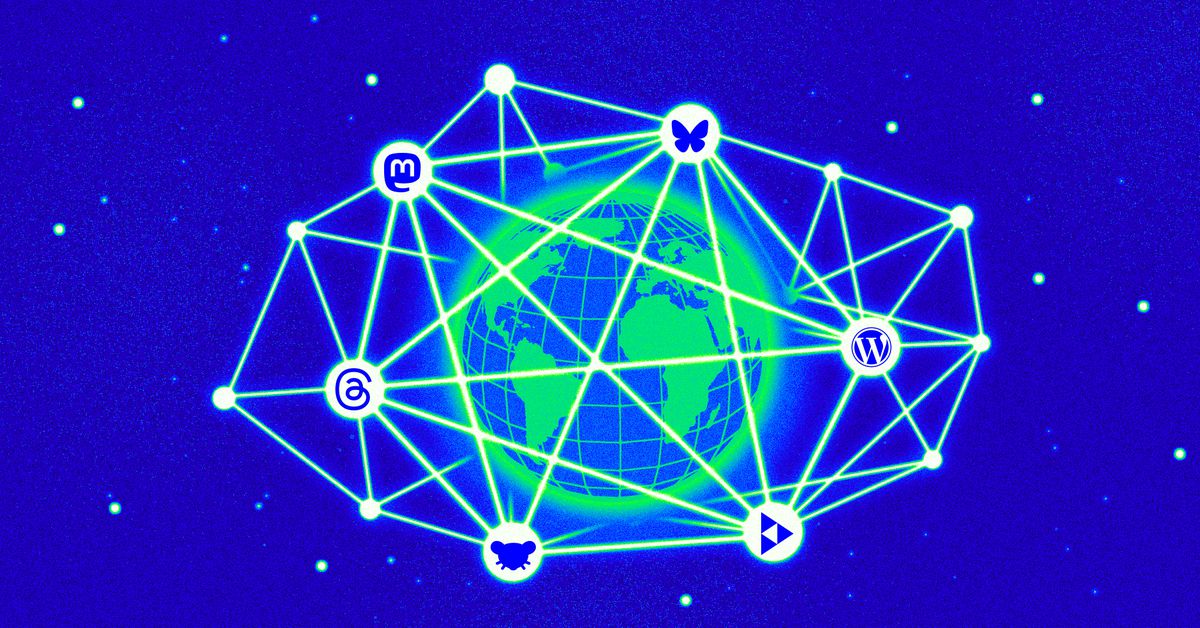I don’t think this is correct.
The bit you’re getting confused by, I think, is that some generations are just bigger than others. The boomers were by their name sake a big generation. Millennials are essentially boomers’ kids … and so they’re bigger than both Gen X and Gen Z.
- Most “generational” definitions span about 15 years, sometimes more. EG, Boomers: 1946-1960
- There are sensibly defined micro-generations typically at the borders between generations.
- EG, “Jones Generation”: 1960-1965 … “young boomers” … they had a distinct life experience from “core boomers” not too different from that of X-Gens. Vietnam and 60s happened while they were children, Reagan was their 20s, not 40s, etc.
- Xennials are notable here because they’re the transition between X-Gen and Millennials (late 70s to early 80s) … probably what you’re thinking of as “older millennials”. What’s interesting though is that the relevance of Xennials is that technological changes mark the generation … they’re essentially just barely young enough to count as part of the internet generations but not
oldyoung enough to be ignorant of the pre-internet times. Which just highlights that how you talk about generations depends on what you more broadly care about. In the west, arguably not too much political upheaval has occurred since WWII and its immediate consequences (basically Boomer things) … and so the generations are distinguished on smaller and probably more technological scales.



















Do you happen to know what platform compatibility they’re aiming for (I haven’t picked up on that) … a “plain” mastodon & user-actor or anything involving more that could be compatible with groups / threadiverse?